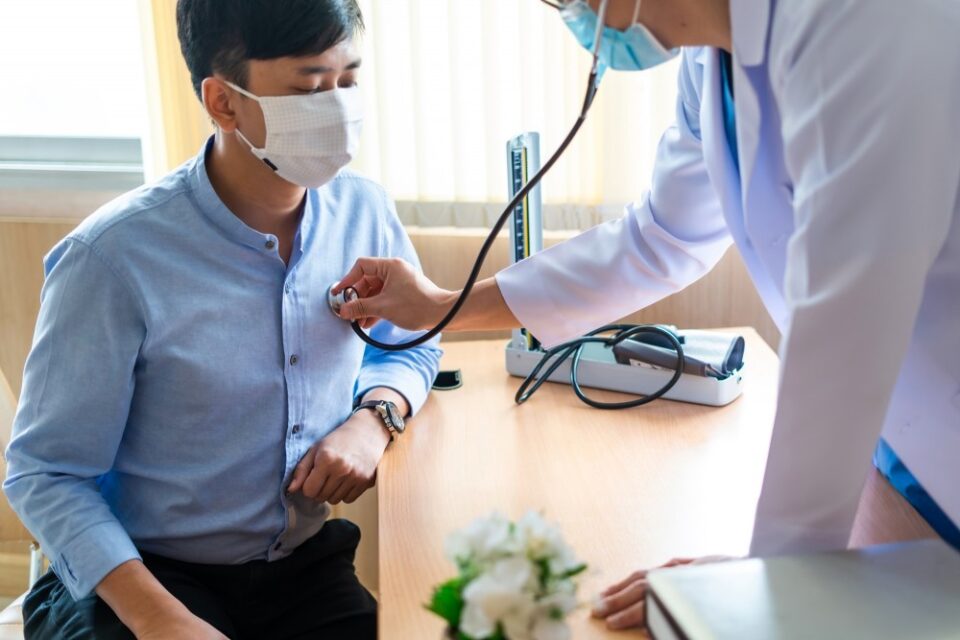Health screenings are a proactive approach to maintaining one’s health, and they often conjure images of routine check-ups at a health screening clinic. While general health check-ups are essential, they primarily focus on common health parameters like blood pressure, cholesterol, and blood sugar levels.
However, health screenings go beyond the basics and encompass a wide range of tests tailored to detect and manage specific health conditions. In this article, we’ll explore the world of specialized screenings in health screening clinics.
Understanding the Importance of Specialized Health Screenings
Cancer Screenings
Regular cancer screenings are essential for early detection and treatment. Mammograms and Pap smears for breast and cervical cancer, colonoscopies for colorectal cancer, and PSA tests for prostate cancer are examples of specialized cancer screenings. These tests play a crucial role in identifying cancer at its early, more treatable stages.
Cardiovascular Health Screenings
Beyond the standard blood pressure and cholesterol checks, specialized screenings include electrocardiograms (ECGs or EKGs) to assess heart rhythm, echocardiograms for evaluating heart structure and function, and stress tests to identify heart-related issues under physical stress. These screenings help in diagnosing heart conditions and planning appropriate treatments.
Diabetes Screenings
Specialized screenings for diabetes include the A1C test, which measures average blood glucose levels over the past few months. This test is particularly useful for people with diabetes or those at risk of developing the condition.
Bone Health Screenings
Bone density scans are a vital component of bone health screenings, particularly for individuals at risk of osteoporosis. These scans help assess bone density and fracture risk, enabling timely intervention and treatment.
Vision Screenings
While vision screenings are commonly associated with eye exams, specialized screenings may involve more comprehensive tests like visual field testing to assess peripheral vision and optical coherence tomography (OCT) for detailed retinal imaging.
Lung Health Screenings
Low-dose computed tomography (LDCT) scans are specialized screenings for lung health. They are recommended for individuals at high risk of lung cancer, particularly those with a history of smoking.
Sexual Health Screenings
Screenings for sexually transmitted infections (STIs) go beyond general health check-ups. These tests include chlamydia and gonorrhea testing, HIV testing, and syphilis screening. Early detection and treatment of STIs are crucial for both individual and public health.
Kidney Function Screenings
Tests like serum creatinine and estimated glomerular filtration rate (eGFR) are used to evaluate kidney function. Specialized screenings are essential for individuals at risk of kidney disease, such as those with diabetes or hypertension.
Liver Health Screenings
Liver function tests, including measures of liver enzymes and bilirubin levels, help assess liver health. Specialized screenings like fibroscan may be used to evaluate liver fibrosis and cirrhosis.
Thyroid Function Screenings
Thyroid function is crucial for overall health. Specialized screenings may involve thyroid ultrasound to assess the thyroid gland’s structure and identify nodules or abnormalities.
Genetic Screenings
Advances in genetic testing have made it possible to identify genetic predispositions to various health conditions. These screenings can offer insights into an individual’s genetic makeup, allowing for personalized healthcare and risk assessment.
The Role of Health Screening Clinics
Health screening clinics play a pivotal role in providing specialized health screenings. These clinics are equipped with the necessary equipment and trained healthcare professionals to perform a wide range of tests and assessments. Here’s how health screening clinics contribute to your health:
- Expertise: Healthcare providers at these clinics are experienced in conducting specialized screenings, ensuring accuracy and reliability in the results.
- State-of-the-Art Equipment: Health screening clinics are equipped with advanced medical devices and diagnostic tools that may not be readily available in standard healthcare settings.
- Comprehensive Evaluation: These clinics offer a one-stop solution for a thorough health assessment. You can often get multiple screenings done in a single visit, saving time and effort.
- Tailored Recommendations: After your screening, healthcare professionals at the clinic can provide personalized recommendations and guidance based on your results.
- Privacy and Confidentiality: Health screening clinics prioritize patient confidentiality, ensuring that your health data remains secure.
Preparation for Specialized Health Screenings
Preparing for specialized health screenings is essential to ensure accurate results. Here are some general guidelines:
- Fasting: Some screenings, like blood glucose and cholesterol tests, may require fasting for a certain period before the test. Follow fasting instructions provided by the clinic.
- Medication: Inform the healthcare provider about any medications you are taking, as some medications can affect test results.
- Medical History: Be prepared to provide a detailed medical history, including any previous health conditions or family history that may be relevant to the screening.
- Comfortable Clothing: Wear comfortable clothing that allows easy access to the area being screened. For example, wear a loose-fitting shirt if you are getting an ECG.
- Relaxation: Stay relaxed and calm before the screening. Anxiety and stress can affect some test results.
- Follow-Up: After the screening, be sure to follow any recommendations or treatment plans provided by the healthcare provider.
Conclusion
While general health check-ups are valuable, specialized examinations at health screening clinics are essential for early detection, prevention, and management of specific health conditions. Health screening clinics are equipped to provide a wide range of screenings, ensuring a comprehensive evaluation of your health.
Regular specialized health screenings can be a proactive step towards maintaining your health and well-being, helping you address potential health issues before they become more serious. Always consult with healthcare providers or specialists to determine the most appropriate screenings for your individual health needs.

